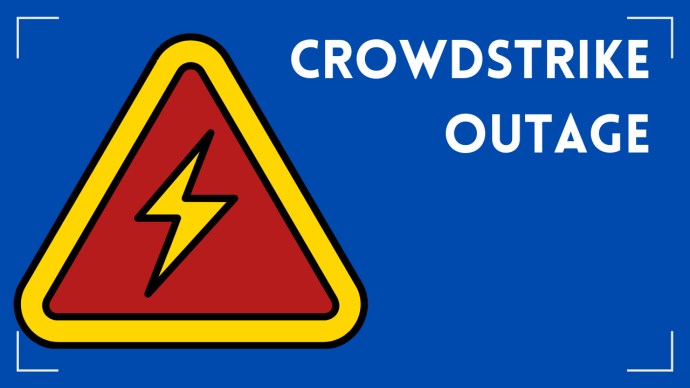Some predict that email is becoming a dinosaur that will soon be replaced by text messaging and social media for business communication. Maybe one day email will be rendered obsolete by text messaging and social media, but not today. Today, all businesses communicate via email. Because email is such an integral part of doing business, every company, regardless of size should establish some sort of email monitoring strategy to regulate who’s doing what with your company’s email account.
Christina Goggie, on behalf of GFI Software LTD, shared nine benefits of email monitoring. Below are five that stood out the most:
Where did all our disk space go? Employees may be unaware of the affect their email practices have on your business. With email monitoring, you can identify whose email habits are gobbling up all of your company’s server space and let him know what your company’s policies are when it comes to sharing files via email.
Customer satisfaction is a must. Without customers, your business can’t exist. Use email monitoring to keep track of SLAs handled by your help desk or customer service team. If there are long delays between when emails are received and your help desk or customer service team responds, email monitoring can help you find out why. Once you identify the problem, you can start doing whatever needs to be done to solve it as quickly and efficiently as possible.
It’s personal. Don’t let your employees’ personal use of company email get out of hand. Occasional personal emails are all right, unless your company has a policy that strictly forbids it, but you’ll have to rein in those who are taking advantage. One way to curb the personal use of company email is by reminding employees that they have no reasonable expectation of privacy when they use their company email accounts. If they don’t want ultra-personal emails to be read by you or someone on your IT team, they should refrain from using the company email account to send them.
Ferret out the pack rats. Some people save every email they receive. Email monitoring will help you identify them so you can give them some guidance about which emails are must saves and which ones can be deleted.
Be professional. You’re running a business. Customers, prospects and colleagues expect to receive emails that make it apparent that they are corresponding with a professional organisation. You’re not micro-managing when you take the time to monitor your employees’ emails and take the time to address issues. Even if your employees send emails with their smart phones, make it clear that using text message shorthand is not acceptable, nor is poor language. Some people are better communicators than others. Take the time to let employees know the appropriate way to correspond via email. It could ultimately spare you the embarrassment and bottom-line impact of lost customers, vendors or partners.
Email is a business’ most important form of communication. It’s worth the time and expense needed to monitor what your employees are doing and quickly address issues that threaten productivity, profitability or effectiveness.
Need assistance with managing your email and other electronic communications? Give us a call today, we are here to serve you and your IT needs.



